Most parents have a misconception that kids cannot make decisions yet. That’s because you simply do not understand why, for example, your kid will draw on your wall. You ask your child why, and usually, they cannot seem to reason out. Kids seem to just do things without thinking things through. Actually, your child thought of it, he just wasn’t aware of the thought process going on and he can’t explain exactly why to you.
As your kids age, they become more aware of their actions and they can already start to reason out. It’s really good to teach your children to develop good decision-making skills. Hold them accountable for their actions. You won’t be there for them every time. You can’t always decide for them. The best way to make sure they live a good life is that you train them to be good decision makers. They will carry it for the rest of their lives. Living with them will also be less stressful if they can think things through and come up with a sensible solution on their own.
Here are some ways that can encourage children to develop decision-making skills:
Tell a story
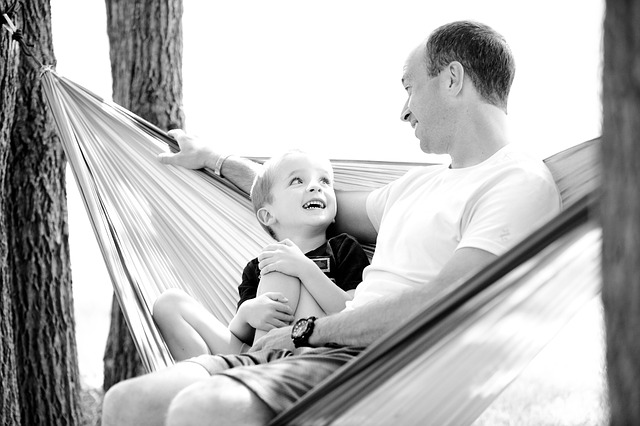 At an early age, tell your children fun stories, but teaches them good moral and character. In order for your child to make good decisions, he must have a foundation of good principles. He must know what he should ideally do in different situations. Through stories, your child can know what will be the consequences of certain actions. He will also be able to distinguish the good guys from the bad guys. Make sure your child will aspire to be like the good guys!
At an early age, tell your children fun stories, but teaches them good moral and character. In order for your child to make good decisions, he must have a foundation of good principles. He must know what he should ideally do in different situations. Through stories, your child can know what will be the consequences of certain actions. He will also be able to distinguish the good guys from the bad guys. Make sure your child will aspire to be like the good guys!
SODAS Method
S- Situation
O- Option
D- Disadvantages
A- Advantages
S- Solution
SODAS is a common method used by parents. It is an activity that will hone your child’s decision making. Every time your child is faced with a difficult situation, advise him to take out a piece of paper and write down the situation. Teach him how to describe a situation properly. After which, ask him to list down all possible options he could think of. Then make him write the disadvantages. Usually, your child won’t know the problems. Pitch in when you have to. Make him write the advantages as well. When the Situation, Options, Disadvantages, and Advantages have all been laid out, let your child come up with a solution. The solution could be one of the options or something entirely different.
Family Meeting
Whenever there is a decision that affects the entire family, involve everyone in the decision-making process. You can use SODAS in the deliberation. It can be very informal, just make sure to moderate and hear everyone out. Empower your children by giving them a voice. Even if you are already set on a decision, and your spouse have agreed to it already, still set up a family meeting to make them understand why you’ve come up with that decision. You might be surprised at how your children can be creative and may actually convince you to change your mind.
Practice Solution
 Make sure your child puts into action the sound solution he has come up with. This way, he may learn to stand by his own decisions and suffer the consequences thereof. Experience is, after all, the best teacher.
Make sure your child puts into action the sound solution he has come up with. This way, he may learn to stand by his own decisions and suffer the consequences thereof. Experience is, after all, the best teacher.
Reward System
Positive reinforcement is better than punishment. While punishment may be hard to avoid sometimes, it is best to use positive reinforcement if possible. Each time your child does good, reward him. This way, he knows he is on the right track.
You can start this in the home by allocating chores to each child and asking them to make the decisions to get the expected result. For example, put your child in charge of vacuuming his room each week but don’t just tell him to do it, ask him to make the decision on what tool to use (ie. the robotic vacuum cleaner or the upright vacuum). One will be easier for him to manage than the other. Work through the decision-making process with him and you’ll be surprised at the results.

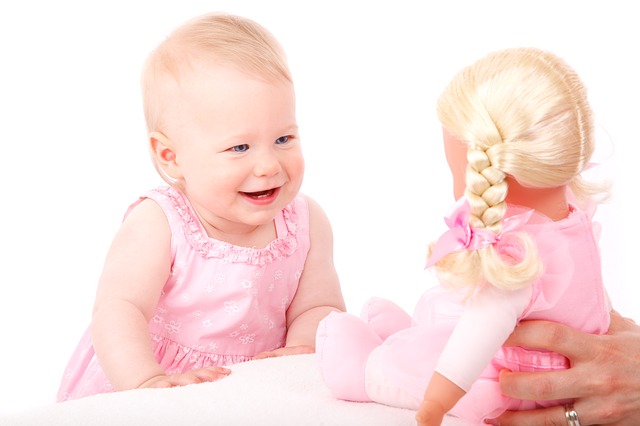
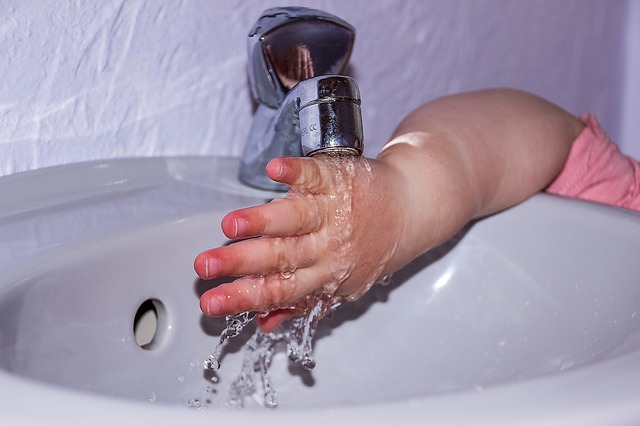 Regular hand washing should be instilled at a young age so that your child will develop it into a habit.
Regular hand washing should be instilled at a young age so that your child will develop it into a habit. 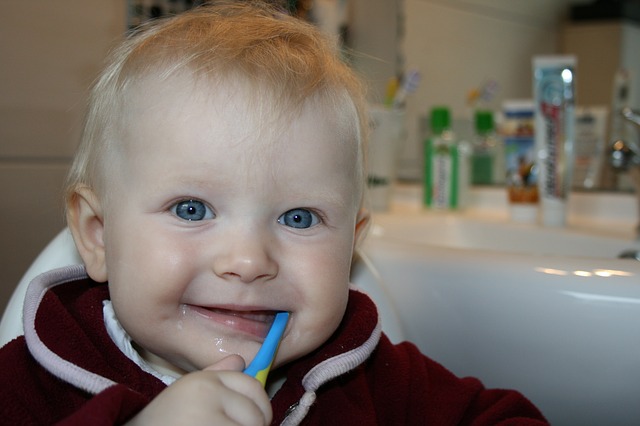
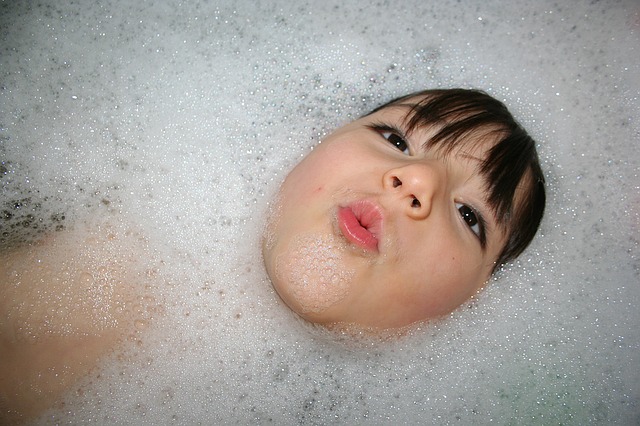
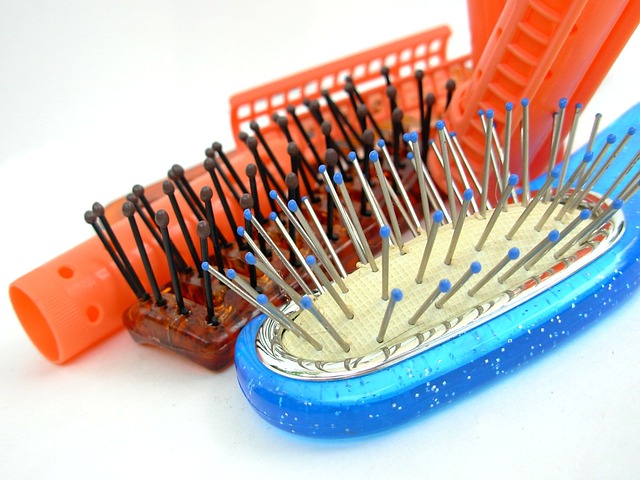


 As your kids grow up, the physical limits no longer need to be imposed. Verbal limits should be sufficient.
As your kids grow up, the physical limits no longer need to be imposed. Verbal limits should be sufficient. Communication is really the key. Make him understand the possible consequences and even the implications of his actions.
Communication is really the key. Make him understand the possible consequences and even the implications of his actions.